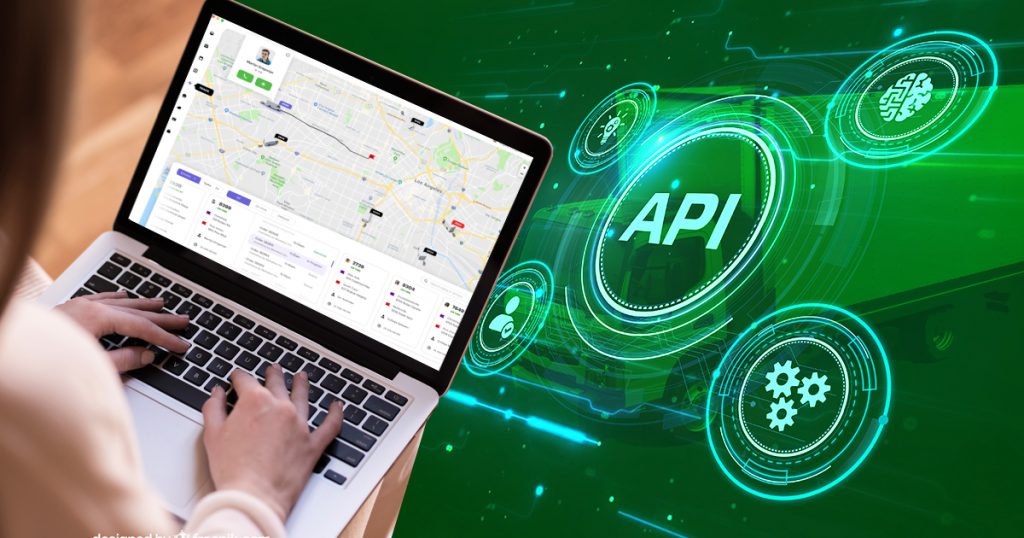
Scaling up operations is always a question in the mind of many business owners. Achieving high levels of productivity while utilizing minimal resources is always the ideal scenario envisioned by many managers. The same goal is set in the area of logistics operations. Many business owners want their delivery operations to run seamlessly and efficiently. In order to achieve high levels of logistics efficiency, utilizing logistics integration between your app and the delivery company is a great way of reaching this goal.
Thanks to advances in technology, many industries can provide better service to their clients. For instance, doctors can now perform complex surgeries thanks to sophisticated medical instruments. In a similar manner, improvements in software technology has allowed the logistics industry to move forward through application program interface (API) integration. Through API integration, faster and seamless data transfer is possible between your company’s app and that of the logistics provider.
In this blog, we will talk about what logistics integration is all about and how your business can benefit from it.
What is Logistics Integration?
Before answering what logistics integration is all about, it’s good to define application program interface integration. Simply stated, API integration is a protocol that enables your software application to communicate with another app. Logistics integration is a specific type of API integration because you are setting your app to communicate and exchange data with a logistics app. With logistics integration, you can automate delivery bookings using your app because it is integrated with the system of your logistics partner.
Big Savings in Operating Costs
Instead of your company procuring numerous delivery vehicles to fulfill your logistics needs, you can simply outsource your delivery requirements to capable trucking companies. Logistics integration makes the process of outsourcing deliveries even more efficient because you can easily create bookings using your own app. This also translates to reduced error in the delivery operation because the process of sending and receiving information from your app to the delivery app and vice versa is automated.
Faster and better communication
With all that has been said about logistics integration, we can come to the conclusion that API integration supports a connected world. This is clearly seen in the quick communication and data transfer between two integrated systems. This makes it easier for the two companies to avail the services of each other. In the case of logistics integration, a retail company can automatically set a schedule to deliver items from a warehouse to a distribution center when stock levels are low. This kind of scenario is just one of many possibilities that logistics integration can offer.
Improve productivity levels
The usual way of going about delivery bookings without logistics integration is to course it through dispatchers. On top of that, you have to plan our delivery routes before calling the logistics company. This process consumes a lot of time and you might even end up neglecting other key business activities. By automating delivery bookings by means of API integration, you can skip the dispatchers and planning delivery routes and let the app do the heavy lifting.
Conclusion
Logistics integration between your app and a delivery company is always a good strategy to improve trucking operations. By means of API integration, you can automate creating and managing bookings using your app because you have access to the delivery company’s software system.
SEE ALSO:
